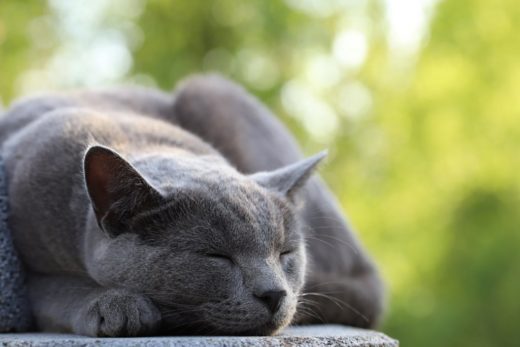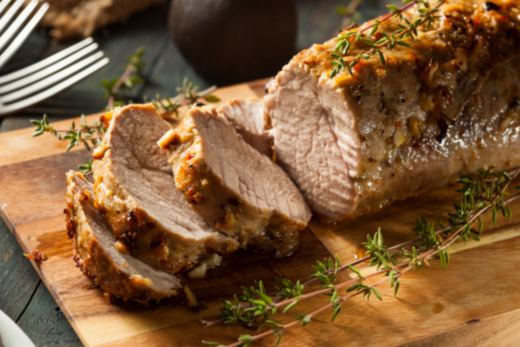We all know there are some foods cats can’t eat, but can cats eat cheese? Whether you want to feed your cat cheese because you think they’ll like it, are looking for a way to get your cat with a lack of appetite to eat, or your cat has gotten in some cheese, read on to get the answer to the question, “can my cat eat cheese?”
Do cats eat cheese?
First off, do cats like cheese? Yes. Most cats eat cheese at some point, whether we’re talking about solid cheese or melted cheese on a sandwich. They might even get a bit obsessed with it if you let them get used to it.
Can a cat eat cheese?
Yes and no. Cheese is not toxic to cats, so don’t panic if your cat eats cheese. But slapping it on the foods cats can eat list may be a bit much because it does pose some concerns.
Cheese, like many other people foods, can encourage unhealthy weight gain. Once a pet owner goes down the human food as snacks route, it’s really easy for the cat to start begging while you’re eating or for you to give them snacks without realizing how many they are eating and therefore how many calories, sugars, and carbohydrates your cat is getting.
Eating cheese can cause digestive issues like nausea and diarrhea that may lead to other health concerns if they become chronic.
Many cats are lactose intolerant, meaning their bodies don’t process dairy well, including cheese. This is what someone means when they refer to a cheese allergy in cats.
If your cat eats cheese and it doesn’t bother them, then it’s fine. Just don’t get carried away and make kitty fat or cause them to get unsatisfied with their regular food. Also, be prepared that they may suffer digestive symptoms just like when a person eats foods that cause these issues.
If you are trying them on cheese, give them a small amount and notice if they show signs of a bad reaction. An infrequent cheese treat of a small size is safe for most cats.
How to Tell When Cats and Cheese Are A Bad Match
Your cat may have digestive upset or act like they don’t want to eat every time they eat cheese, particularly if they eat a lot of it. This may be similar to onions or acidic foods causing digestive upset in a human.
A cheese allergy in cats or lactose intolerance can cause the following symptoms:
The more cheese the cat eats, the more likely they will be bothered by intolerance and the more severe their symptoms may be.

Cats and Cheese and Age
Your cat may tolerate cheese well when they are young and then develop problems with it as they age. If you give your cat cheese and they respond poorly to it, don’t assume they can’t have an allergy or bad response because they didn’t in the past. This is yet another reason not to let your cat get too used to cheese as it will be harder to cut it out of their diet if they start having a bad reaction. That’s sad and stressful for everyone.





